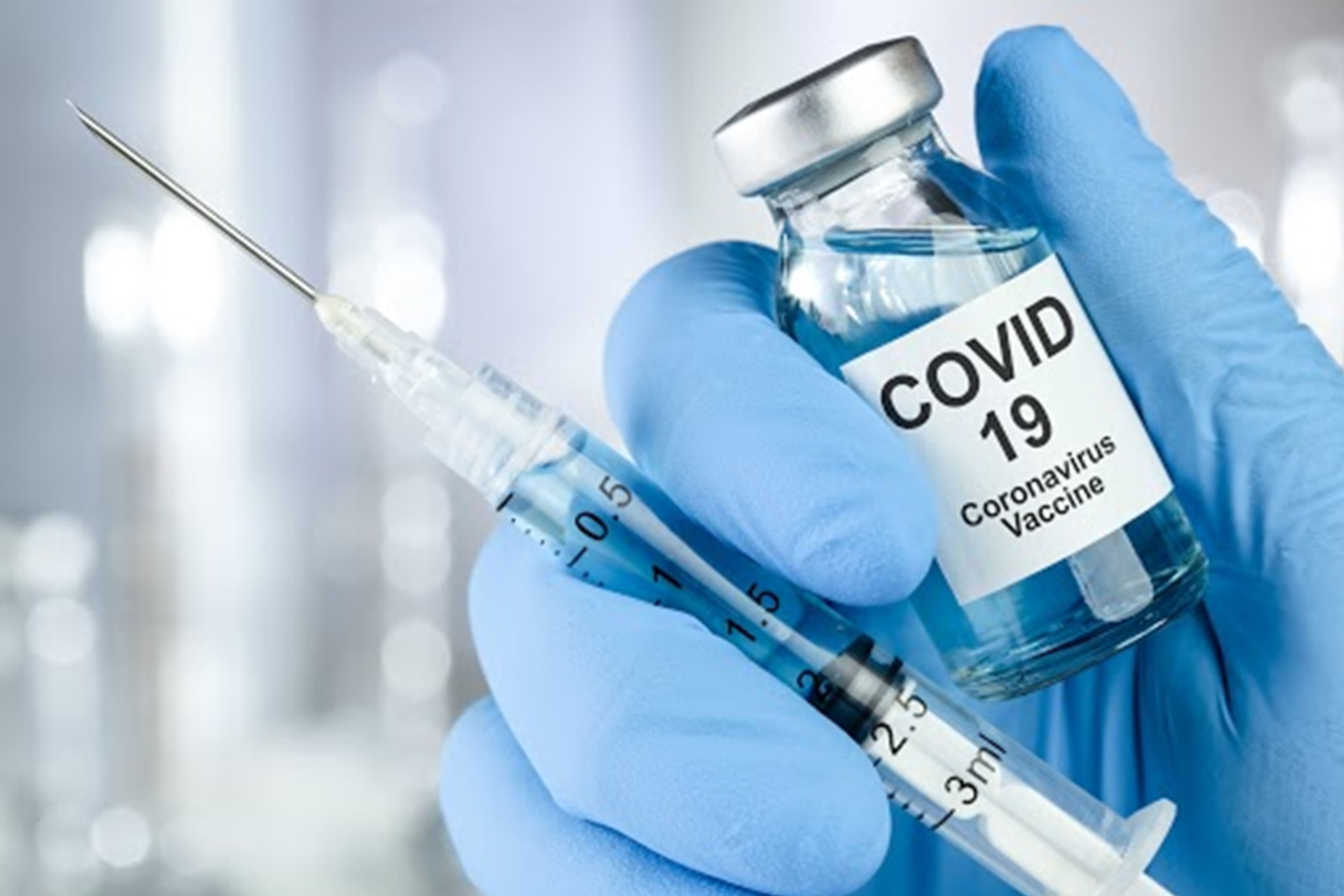

When SARS-CoV-2 began its rampage some 17 months ago, it not just unleashed unprecedented devastation and death, but spawned a parallel pandemic of misinformation and myths, exacerbating the fear and panic that had already gripped people the world over. Vaccination against SARS – 2 COVID 19 was developed as an additional tool to combat the spread of COVID 19. Various vaccines have been developed by countries in the world and are being administered in large numbers to its population. Today, as vaccination efforts gain momentum across the globe, fresh fears and apprehensions continue to surface, many of them related to the vaccines themselves.
One of the most common queries circulating at present relates to the right time to get vaccinated, especially if a person has already been infected with the coronavirus. After all that you’ve been hearing about your body building up antibodies in the wake of contracting the disease, you may think that getting vaccinated shouldn’t be a priority, right?
Well, here’s shining a light on some hard facts in order to clear the haze around the subject.
Vaccination & Protection
COVID–19 vaccines generate both antibody and T-cell responses. This is more robust and consistent than immunity built as a result of natural infection. Recent studies involving the Pfizer and Moderna vaccines have demonstrated that vaccinated people have considerably higher levels of antibodies than those who had naturally recovered from an infection.
According to the WHO (World Health Organization), COVID-19 vaccines that have been approved – or are currently being developed – provide some protection against new virus variants simply because these vaccines generate a broad immune response that involves a range of antibodies and cells. So, virus mutations should not render these vaccines completely ineffective.
The Correct Time to Get the Vaccine
It is still unclear as to exactly how long immunity acquired after natural infection offers protection after a COVID-19 infection. Although scientists believe it could be up to eight months, there is still not enough data to support the claim. Most experts today – including America’s leading infectious disease expert Dr Anthony Fauci – recommend getting vaccinated as soon as you have recovered from the illness and are out of quarantine. Asymptomatic patients must delay their appointment at the vaccination centre until they have met the conditions for discontinuing isolation, in order to avoid infecting others when they are contagious.
However, there is one caveat. The US Centers for Disease Control and Prevention (CDC) recommends waiting for 90 days after recovery from COVID-19 if you received convalescent plasma or monoclonal antibodies i.e. lab-made proteins that act like the body’s immune response. The monoclonal antibodies prevent your body from developing a strong immune response to the vaccine, necessitating a 90 day-wait to make sure they have exited the system.
If you are exposed to a coronavirus infection between vaccine doses, you must wait till you get a negative report. In such a scenario, experts suggest there is no harm in pacing out your second dose beyond the typical four-week window, waiting for even up to eight weeks before taking the second jab. However, individual cases may greatly vary depending on the severity of the infection and when the exposure took place. So it is best to consult a doctor about your particular situation.
Conclusion
Vaccination also seems to help COVID-19 patients recover from long haul symptoms – such as shortness of breath, tightness in the chest, muscle aches, and constant fatigue.
Finally, previously infected or not, nascent research strongly seems to suggest that being vaccinated for COVID-19 can dramatically reduce your odds of contracting an asymptomatic infection and transmitting the virus to people around you.

Add Comment